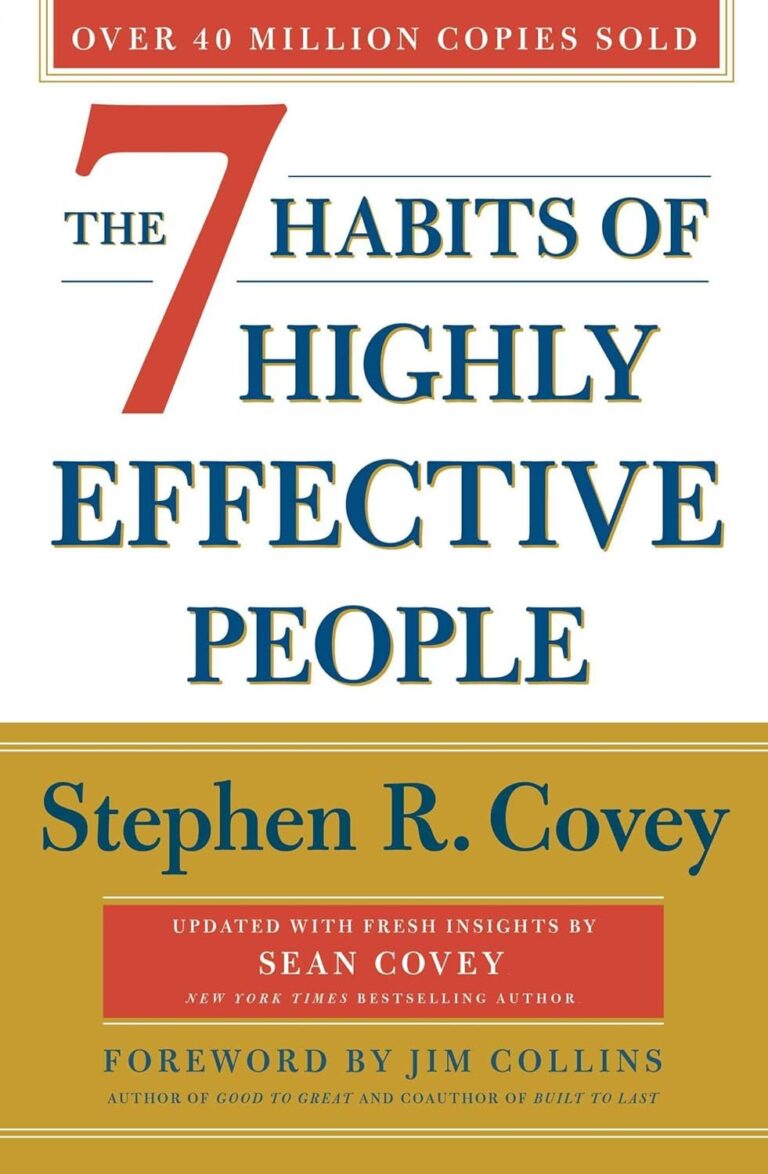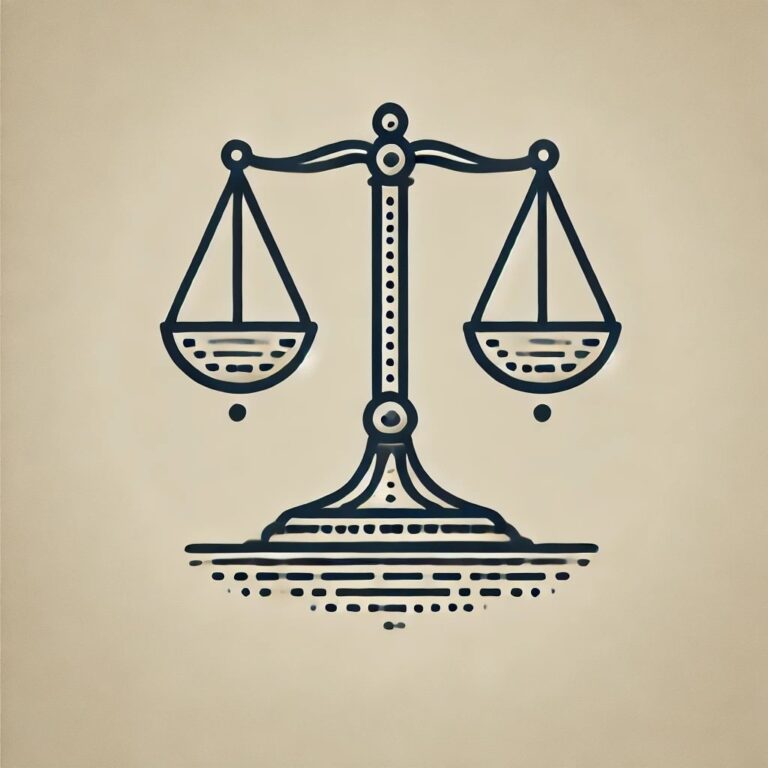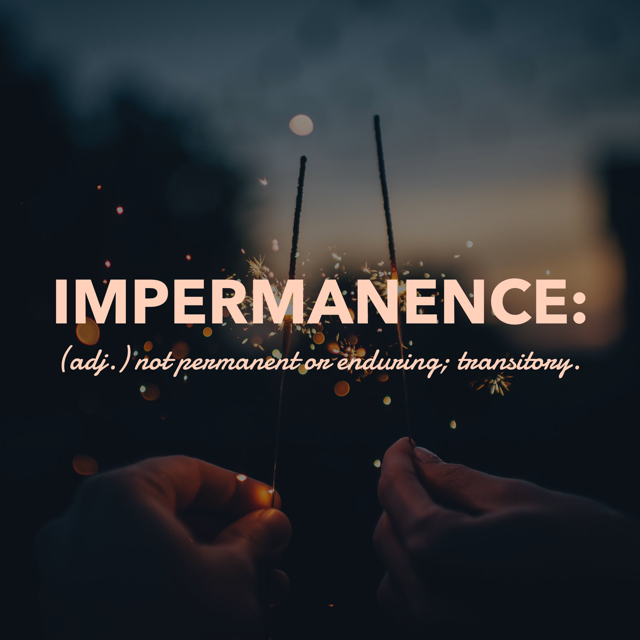
The Truth About Real Love

Love Beyond Comfort: Confronting Our Fears and Embracing Unconditionality
Redefining Our Comfort Zones
Oh Love…For as long as I can remember, it has been portrayed as the ultimate comfort, a warm, reassuring presence that shelters us from life’s hardships. It’s easy to slip into the belief that love is here to protect and insulate us, a kind of safe harbor. But over time, I began to see that this view is narrow. Love, in its truest form, is not simply here to make us feel good; it’s here to inspire, challenge, and push us beyond the confines of our egos. Real love doesn’t exist to indulge our comfort zones but to expand them.
Love and the Ego: Seeking Safety, Not Growth
In our most intimate relationships, love is often tangled with the ego’s needs, to be seen, valued, and, above all, protected from the fear of rejection. We seek comfort in love because it feels safe. Our egos cling to this sense of safety, seeing love as a balm for our insecurities. But real love is disruptive; it’s not confined to comforting our ego. Love can reveal those insecurities, gently or bluntly, asking us to confront the very things we most want to ignore. It brings us face-to-face with our fears, questioning our defenses. This is a love that reaches beyond ego’s shelter, inviting us to shed our protective layers and embrace growth.
Real Love: Pushing Us Out of Comfort
Real love challenges us, whether we’re ready or not. At times, it asks us to see ourselves in a new light, one that exposes our vulnerabilities, weaknesses, and the spaces where we’re still growing. Love pushes us out of the familiar and calls us to confront parts of ourselves we’d rather keep hidden. It nudges us to act selflessly, to forgive, to compromise, and sometimes to let go. This discomfort, rather than weakening us, is love’s way of asking us to become more whole. Love’s growth-oriented nature isn’t always kind in the traditional sense, but it’s precisely this push that cultivates resilience and strength.
The Psychology of Receiving Love
Receiving love is often harder than it sounds. From a psychological perspective, receiving love requires vulnerability and an open heart, qualities that demand we quiet our ego and surrender control. We must let go of our walls and defenses, exposing ourselves in ways that may feel raw or even frightening. Our culture often teaches us that to receive love means validation, but true love doesn’t simply validate; it shows us where we need to grow. Real love requires an openness to be challenged, a willingness to let love reflect back our hidden fears and resistances.
The Unconditional Nature of Real Love
At its core, real love is unconditional, a concept that’s both beautiful and daunting. Unconditional love exists without demands or expectations, which is a stark contrast to the way many of us have learned to love. From early on, we’re conditioned to see love as transactional, something to be earned or deserved. But real love frees us from these confines; it is freely given and received, without expectation of reward. This is a love that accepts, even when it’s uncomfortable or challenging. Yet, because of its very unconditionality, this kind of love asks more from us. It requires us to let go of judgment and to love without the safety nets we often use to guard ourselves.
Embracing the Transformative Power of Love
To love and be loved in this way is a journey, not a destination. Real love is not a promise of constant comfort but an invitation to growth and transformation. When we embrace love beyond our egos, we step into a space where love becomes a force that moves us closer to our true selves, helping us transcend fear, resistance, and attachment. While it’s tempting to seek out love that keeps us secure, it’s the love that challenges us that ultimately makes us whole. The question is… who is genuinely ready for it?
Coach G, Dubai's Life Coach, combines ancient wisdom and quantum psychology to help you unlock your true potential and live your most empowered life.
From Our Blog
Share:
Categories
- A Course in Miracles - Weekly Study Guide 1
- Ancient Knowledge 4
- Book Summaries 16
- Business 4
- Coach G's Journal 21
- Conscious Women Coaching 1
- Education 5
- Gloria's Journal 1
- Life Coaching 30
- Marriage and Relationships 4
- Productivity 5
- Quantum psychology 30
- Self-Improvement 37
- Spirituality 23
- Uncategorized 1
- Video Blog 2
Tags
Popular Posts
The Fear of Loss: Finding Freedom Through Faith
The Truth About Laziness: A Silent Architect of Destruction
The Path of the Phoenix – Coming Soon !
My Life Coaching Philosophy is built on the premise that every individual has infinite potential waiting to be unlocked.
Useful Links
Quick Menu
Contact Us
- +971585541780
- info@coach-g.com
- Al Murjan tower, Al Marsa Street Dubai Marina











